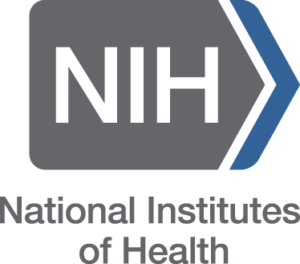Why it’s important to understand your health risks
 Life is full of risks, but when it comes to your health you shouldn’t shrink in fear.
Life is full of risks, but when it comes to your health you shouldn’t shrink in fear.
“Understanding health risks is key to making your own health care decisions,” said Dr. William Elwood, a psychologist and behavioral scientist at the National Institutes of Health (NIH). “It gives you perspective on potential harms and benefits, so you can make smart choices based on facts and not fears.”
Personal health risk factors include age, family health history and lifestyle, among other things.
Some risk factors can’t be changed, such as your ethnic background or genes, but you can control your diet and the amount of physical activity you get in a week.
NIH broke down some situations in its October newsletter that show the way numbers are described or “framed” can greatly influence how we make sense of health statistics.
The math can get tricky, but a concept known as “absolute risk” can help you understand the potential risks or benefits of a medical treatment or behavior change. This translates to the chance of something happening, such as a health problem that might arise over a period of time.
For example, a disease might affect 2 in 100 middle-aged men during their lifetimes. If a certain drug lowers their risk for the disease to 1 in 100, the drug has reduced their absolute risk by 1 person in 100, or 1 percent.
Another way to think of it: You’d need to treat 100 people with this medicine to prevent just 1 more person from getting the disease.
Sometimes you hear about “relative risk,” which compares the absolute risks of one group to another. In the example above, you could also say that the drug reduced the risk of disease by 50 percent, because 1 is half of 2. Looking at relative risk alone, you could mistakenly think that the drug is highly effective.
Because risk factors are different for each person, the first step in taking charge of your health should be talking to your doctor. Although the conversation can be intimidating, asking important questions is crucial to understanding your risks.
Doctors told NIH that if patients come prepared with three or four big-picture questions during an appointment, more effective discussions occur.
Voices for Affordable Health offers more resources to help you take charge of your health at https://voicesforaffordablehealth.com/resources/.